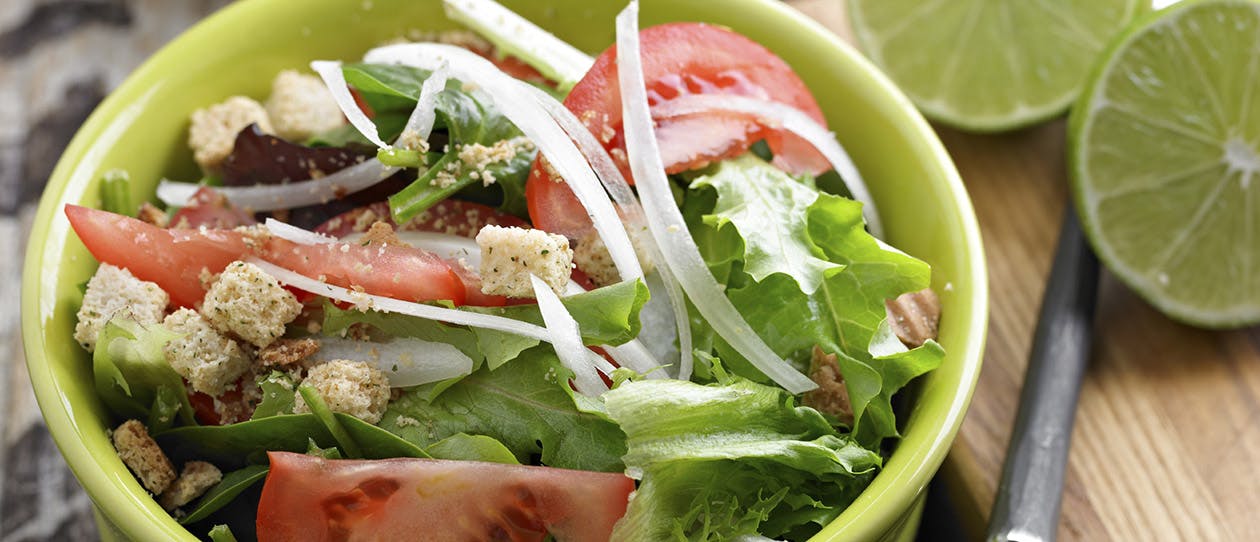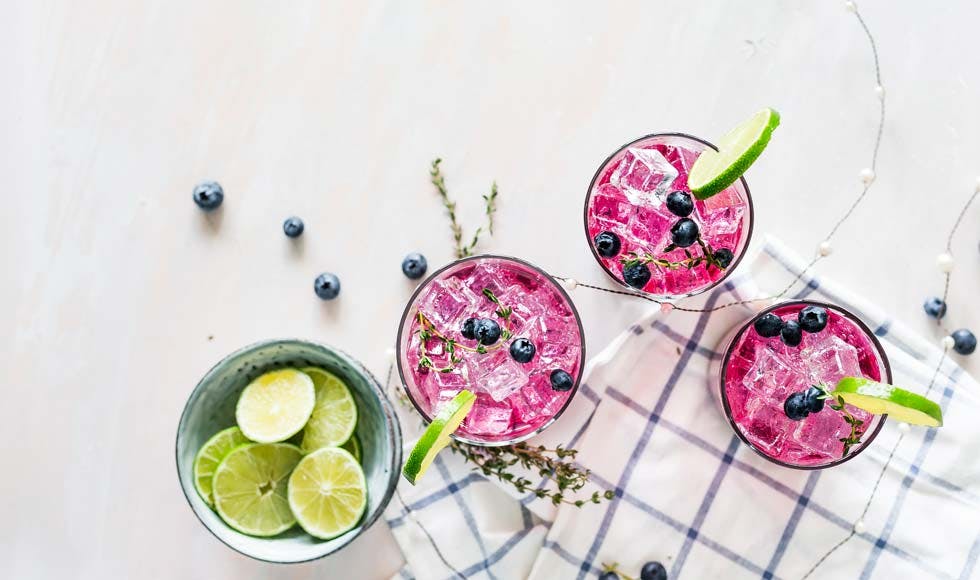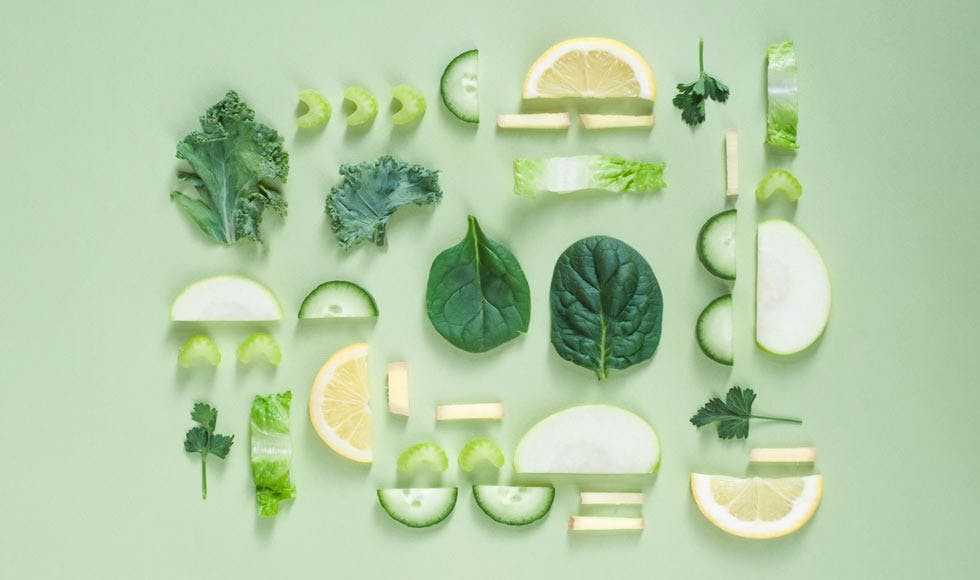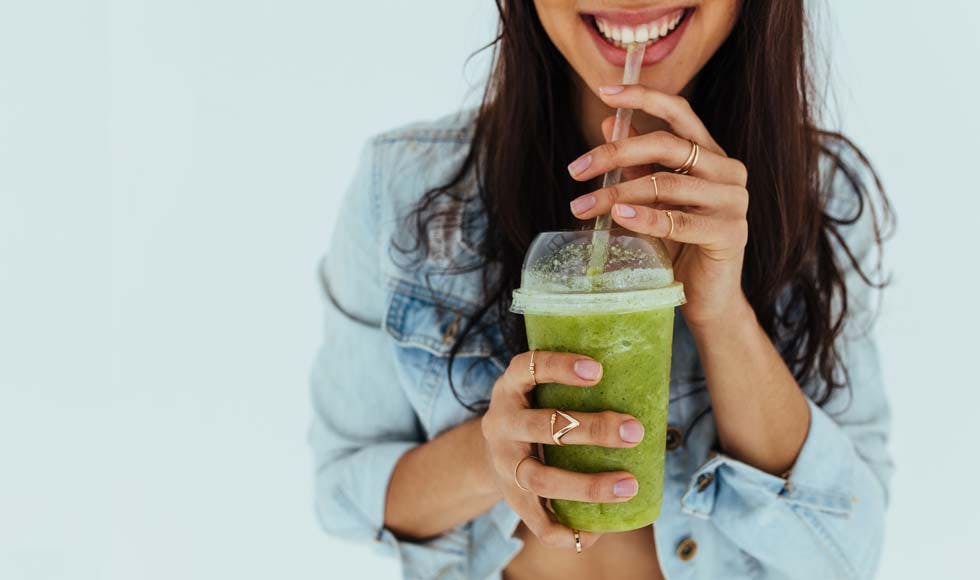By the time that colourful sandwich or stir-fry gets down there, it’s a barely-recognisable bolus (soft mass) of mush.
But while most of us associate digestion with what happens after food leaves the stomach, your mouth has already initiated the process in two important ways: the mechanical and chemical breakdown of food.
1. Mechanical breakdown – The process of mastication, or chewing, is a partly voluntary and partly involuntary reflex.
2. Chemical breakdown – During chewing, that industrious stuff known as saliva is released from salivary glands in and around the mouth. Saliva contains an enzyme called salivary amylase, which kick-starts the breakdown of starch into smaller fragments of carbohydrates.
The first bite
How to get your digestion off to a good start? Easy – do as grandma said, and learn to chew your food properly!
Chewing does more than physically break down food. It also increases the production of saliva.
Saliva initiates the digestion of carbohydrates, moisturises the oral cavity and helps to prevent the bacterial growth that can lead to bad breath and tooth decay.
The more we chew, the more saliva we produce, and the better these processes work.
So, how much chewing is enough? As a basic rule, if you can still tell what the food in your mouth originally was by texture, you haven’t chewed it enough. Make sure you’ve swallowed your previous mouthful before taking another bite. Eating at a relaxed pace and in a calming environment will further boost your efforts to chew better.
Brush up your act
Our teeth are one of our most important assets. Without healthy teeth, chewing can become a nightmare. Brushing after meals is imperative. Look for the array of quality natural toothpastes and mouthwashes now widely available if you prefer natural alternatives.
Gums at the ready
Equally important to oral hygiene is the health of your mouth’s mucous membranes. The gums and inner oral lining are subject to great wear and tear, and any form of infection or damage can be extremely painful. Keep any nasties at bay by ensuring good nutrition. For example, deficiencies in vitamin B12, iron and folate can increase the risk of mouth ulcers, while vitamin A has been shown to be effective in repairing damaged mucosal surfaces.
Get your digestion crunching!
1. Chew your food well
2. Swallow your food completely before taking another mouthful
3. Eat your food slowly and with enjoyment
4. Savour the fact that eating is ultimately about nourishment
Did you know?
1. The average output of saliva is 1000 to1500 ml per day.
2. Swallowing your food is a complicated process involving more than 22 different muscle groups.
3. The mouth’s mucous membranes respond to injury by releasing antibiotic compounds called ‘defensins’.
References available on request






